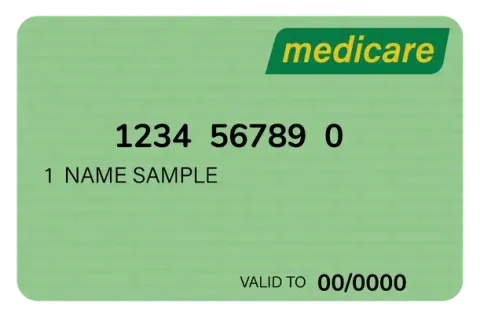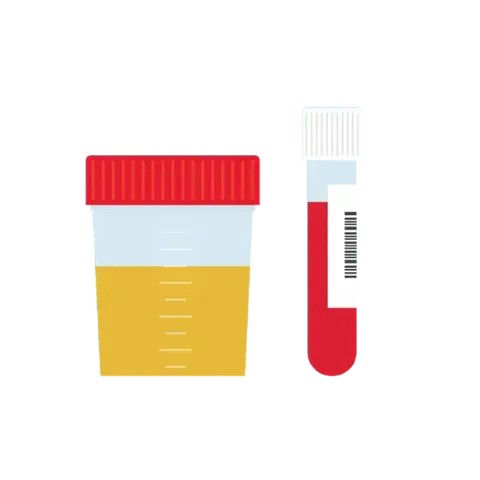Getting an STI test
An STI test checks whether you have a sexually transmissible infection (STI).
It is quick and painless. It's really important to have an STI test even if you don't have any symptoms.
If you are having sex, then you should have regular STI tests. How often depends on how regularly you are changing sexual partners.
If you have any symptoms, are worried about your sexual health or have been told by someone you have had sex with they have an STI, then arrange a test straight away with your doctor or sexual health clinic.
If you are unsure whether you need an STI test, phone the Sexual Health Helpline on 9227 6178 (Perth metropolitan callers) or 1800 198 205 (country callers).


Do I need a Medicare card?
Some clinics require a Medicare card, others don't. When making an appointment, check whether they require a Medicare card.
You can get your own card online if you meet all of these requirements:
- you’re living in Australia and you’re an Australian citizen, a New Zealand citizen or you have a permanent resident visa
- you’re 15 or older
- you’re only on one Medicare card
- someone else doesn’t act on your behalf for Medicare purposes
- you’re not in the care of a state or territory child protection authority
your current
See here for more information.
What happens during an STI test?
Before you get tested your health care worker may ask some questions about the kinds of sex you are having. There is no need to feel embarrassed, these questions help to make sure you are getting all the tests that you need to keep you safe and well. They may ask you:
- your number of sexual partners
- whether you are sleeping with someone who has a vulva or a penis
- what kinds of sex you are having (anal, oral, vaginal)
- whether you have any symptoms
- whether you have injected drugs


This information is kept confidential.
This is also a good opportunity for you to ask any questions about your sexual health.
Some common tests include:
- A urine sample.
- A swab.
- A blood test
Some STIs, such as hepatitis (B and C), syphilis and HIV, require a sample of blood taken from the arm. If you have had unprotected oral or anal sex, a throat swab or self-collected anal swab may be required.
Getting the results
Test results normally take about one week.
Some services take a no-news-is-good-news approach and will only contact you if you need to come in for treatment. It is best to check what your health service's policy is.
If your result is positive, your sexual partners also need to be tested and treated. This is called contact tracing. You can do this yourself or you can use Let Them Know to notify someone anonymously.



